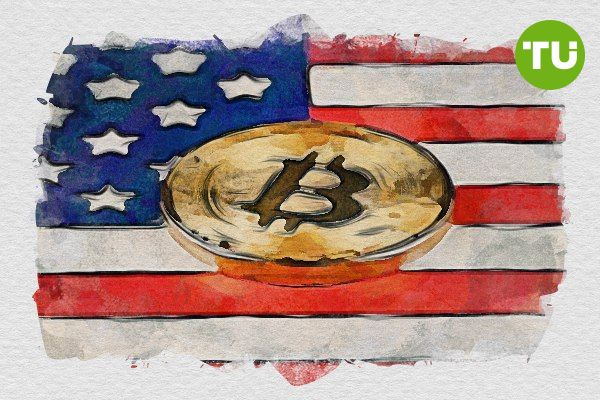FDIC issues 'pause letters' to banks, halts crypto activities amid regulatory uncertainty
 FDIC issues 'pause letters' to banks, halts crypto activities amid regulatory uncertainty
FDIC issues 'pause letters' to banks, halts crypto activities amid regulatory uncertainty
Court documents released in a Freedom of Information Act (FOIA) lawsuit have brought to light a controversial decision by the U.S. Federal Deposit Insurance Corporation (FDIC). The documents, filed in the U.S. District Court for the District of Columbia on Dec. 6, reveal that the FDIC asked several financial institutions in 2022 to “pause all crypto asset-related activity” due to uncertain regulatory frameworks. The names of the banks involved were redacted in the filings.
The FDIC stated that banks would be notified of supervisory expectations once determinations on regulatory filings were finalized. This move, part of a broader FOIA lawsuit initiated by History Associates and supported by cryptocurrency exchange Coinbase, has been interpreted by some as evidence of an alleged U.S. government effort to "debank" cryptocurrency firms.
Crypto community raises concerns
Coinbase's Chief Legal Officer Paul Grewal described the letters as evidence that a government-backed policy, informally referred to as "Operation Chokepoint 2.0," may be targeting crypto companies. The term draws parallels to the original Operation Choke Point, which from 2013 to 2017 sought to pressure banks to cut ties with industries deemed high-risk, such as payday lenders.
In a Dec. 6 post on social media, Grewal accused the FDIC of excessive redactions in the letters, suggesting a lack of transparency. “These letters show Operation Chokepoint 2.0 wasn’t just some crypto conspiracy theory,” Grewal stated.
The issue has gained traction in the crypto community, with prominent executives claiming their accounts were closed in 2023 due to associations with digital assets. Coinbase CEO Brian Armstrong recently emphasized the importance of the FOIA request in uncovering whether government officials acted unlawfully.
The court filing has intensified debates about the regulatory landscape for digital assets in the U.S. as FDIC Chair Martin Gruenberg prepares to retire on Jan. 19, 2024. With no replacement yet announced by the incoming administration, questions remain about the FDIC's approach to crypto under new leadership.
The controversy highlights the growing tension between government regulators and the burgeoning cryptocurrency industry. As regulatory clarity remains elusive, the case could set a significant precedent for the future of crypto banking in the United States.













































































































































